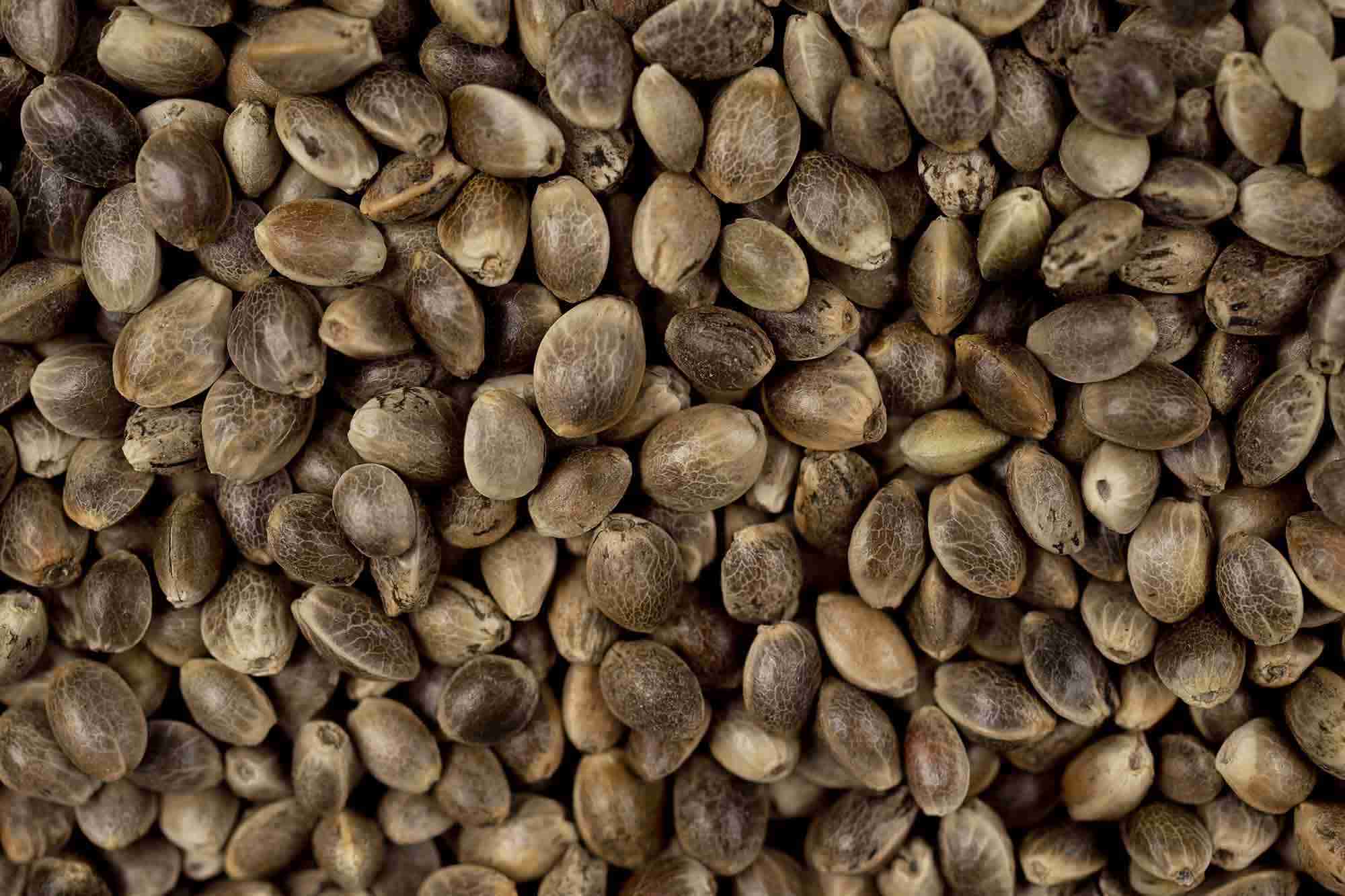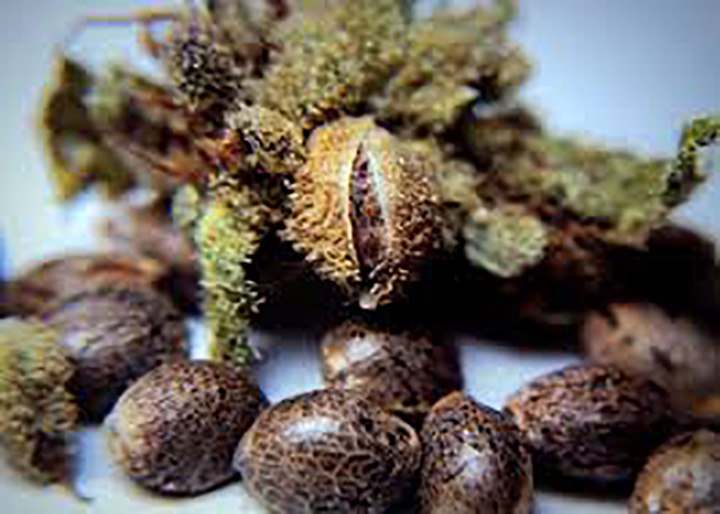Hemp seeds, derived from the Cannabis sativa plant, have been prized for centuries for their extraordinary nutritional and therapeutic properties. In recent years, they have gained considerable popularity as a superfood due to their unique nutritional profile and potential health benefits. These small seeds are rich in proteins, essential fatty acids, vitamins and minerals, making them an ideal addition to a balanced diet.
In this article, we will explore the properties of hemp seeds, analyzing their main nutritional components and the health benefits they offer.
Nutritional Composition of Hemp Seeds
Hemp seeds have an impressive nutritional profile that sets them apart from other seeds and nuts. They are considered one of the most complete plant-based sources of protein and contain all the essential amino acids needed by the human body. They are also rich in omega-3 and omega-6 essential fatty acids, which help improve cardiovascular health and maintain overall well-being.
High Quality Protein
One of the most important characteristics of hemp seeds is their high protein content. About 25% of the calories in hemp seeds come from protein, making them an excellent source for those who follow a vegetarian or vegan diet. Hemp seed protein is easily digestible due to its simple structure and the presence of edestin and albumin, two types of highly bioavailable proteins.
Hemp seed protein contains all nine essential amino acids, which are amino acids that our body cannot produce on its own and must be obtained through food. This characteristic makes hemp seeds a complete protein source, on par with other animal sources such as meat, dairy products or eggs, but with the advantage of being completely plant-based.
Essential Fatty Acids
Hemp seeds are also rich in essential fatty acids, especially omega-3 and omega-6 fatty acids. These fats are essential for many bodily functions, including heart, brain, and joint health. Omega-3s are known for their anti-inflammatory effects and ability to reduce the risk of heart disease, while omega-6s contribute to healthy skin and cell growth.
What makes hemp seeds especially valuable is their optimal ratio of omega-6 to omega-3, which is approximately 3:1. This balance is considered ideal for promoting cardiovascular health and reducing the risk of chronic inflammation. In fact, many modern foods contain too many omega-6s compared to omega-3s, which can contribute to inflammatory imbalances. Including hemp seeds in your diet helps correct this imbalance.
Fibers
Whole hemp seeds are a good source of fiber, especially when consumed with the shell. Dietary fiber is essential for the proper functioning of the digestive system and maintaining good gut health. A high-fiber diet can help prevent common problems like constipation and aid weight control by making you feel fuller.
Dehulled hemp seeds, or those without the outer shell, contain less fiber than whole seeds, but are still a healthy, nutrient-dense option.
Vitamins and Minerals
In addition to protein, fat, and fiber, hemp seeds are an excellent source of vitamins and minerals. They contain high amounts of vitamin E, known for its antioxidant properties that protect cells from oxidative stress. Hemp seeds are also rich in magnesium, which is essential for bone health, and zinc, which is essential for the immune system. Other minerals present include iron, phosphorus, potassium, and calcium, all of which are crucial for overall well-being.
Health Benefits of Hemp Seeds
Thanks to their rich and balanced nutritional profile, hemp seeds offer a variety of health benefits, ranging from improving heart health to promoting healthy skin. Let’s look at some of the key benefits associated with regular consumption of these seeds.
Cardiovascular Health
One of the main benefits of hemp seeds is their positive effect on heart health. The omega-3 and omega-6 fatty acids in hemp seeds help reduce bad cholesterol (LDL) and increase good cholesterol (HDL), thus improving blood circulation and reducing the risk of heart disease. In addition, the presence of arginine, an amino acid that stimulates the production of nitric oxide, promotes the relaxation of blood vessels, helping to regulate blood pressure.
Anti-inflammatory Properties
The omega-3 fatty acids found in hemp seeds have anti-inflammatory properties that can help reduce chronic inflammation, which is often associated with a variety of diseases, including arthritis, heart disease, and diabetes. Regular consumption of these essential fatty acids can help keep inflammation in check, promoting better long-term health.
Improving Skin Health
The balanced composition of fats in hemp seeds also makes them beneficial for skin health. Omega-3 and omega-6 fatty acids help maintain the lipid balance of the skin, preventing dryness and irritation. Several studies have shown that the inclusion of hemp seeds in the diet can improve dermatological conditions such as eczema and atopic dermatitis, thanks to the hydrating and soothing properties of essential fatty acids.
Immune System Support
Hemp seeds are rich in antioxidants and minerals that help strengthen the immune system. Zinc, in particular, plays a key role in modulating the immune response, while vitamin E helps protect cells from oxidative damage. Consuming hemp seeds can help maintain a strong immune system and prevent common illnesses such as colds and viral infections.
Digestive Health
Thanks to their fiber content, hemp seeds are also beneficial for the digestive system. The insoluble fiber contained in the seed shell helps promote regular bowel activity, preventing constipation. Additionally, the soluble fiber contained in the hulled seeds helps feed the beneficial bacteria present in the intestine, improving digestion and promoting a healthy balance of the intestinal microbiota.
Weight Loss Support
Hemp seeds can also be beneficial for those trying to lose weight or maintain a healthy weight. Their high protein and fiber content helps promote satiety, reducing the need for snacking between meals and promoting more effective control of daily calorie intake. Additionally, the protein in hemp seeds provides sustainable energy, helping to maintain physical activity levels.
Hemp seeds are a highly nutritious and versatile food that offers numerous health benefits due to their complete protein, essential fatty acids, fiber, vitamins and minerals. Incorporating these seeds into your diet can help improve heart health, support the immune system, promote healthy skin and aid digestion. With the growing interest in superfoods and functional foods, hemp seeds are an excellent choice for those seeking a balanced and nutrient-rich diet.




